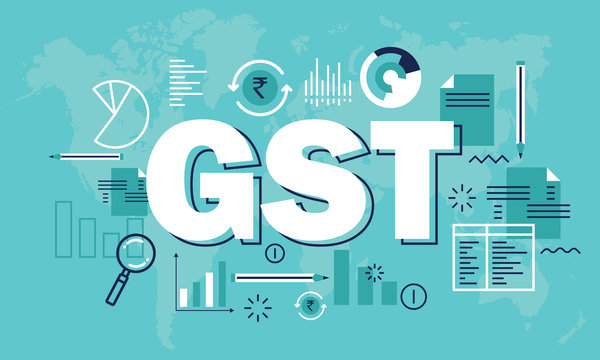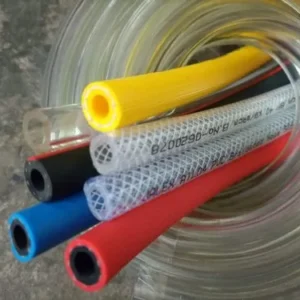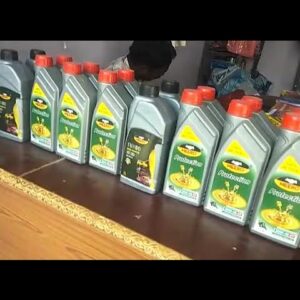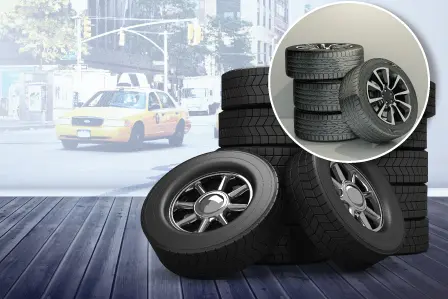Industry Overview
Tread rubber is an essential material used for manufacturing the outer part of tires, which comes into direct contact with the road. As tire production is a key component of the automotive and transportation industries, tread rubber remains a critical segment in the global supply chain. With increasing vehicle production and demand for longer-lasting, fuel-efficient tires, tread rubber manufacturing holds significant growth potential. The market is also shifting toward eco-friendly and sustainable alternatives, driven by advancements in material science.
Scalability and Profitability
Starting small with a focus on producing rubber tread for specific types of tires (e.g., passenger vehicles, commercial vehicles) can help manage costs. However, as demand grows, companies can scale to produce different types of tread rubber, including retread rubber, which is increasingly popular due to sustainability concerns.
- Profitability: Tread rubber manufacturing businesses can expect a profit margin of 20–30%, with higher margins possible through the production of high-quality, specialized rubber compounds. Continuous innovations, like producing tires with longer lifespans or lower rolling resistance, can further increase profitability.
Subsidy Opportunities
Relevant Schemes and Departments:
- Ministry of Heavy Industries and Public Enterprises:
Provides subsidies for projects that contribute to the automotive and tire manufacturing sectors.
- Ministry of Micro, Small, and Medium Enterprises (MSME):
- Credit Linked Capital Subsidy Scheme (CLCSS): Provides a 15% subsidy for purchasing machinery, including rubber mixing and tread extrusion equipment.
- Technology Upgradation Fund Scheme (TUFS): Offers interest subsidies for upgrading manufacturing technology in rubber production.
- State Industrial Development Authorities:
Many states provide land subsidies, financial assistance, and other incentives for businesses in tire manufacturing and rubber production, given their significant employment generation potential.
Eligibility Criteria for Subsidy
- The business must be registered as an MSME or a large-scale industry based on the production capacity.
- Compliance with environmental standards regarding rubber waste disposal is necessary.
- A Detailed Project Report (DPR) is required, including technical specifications, machinery details, and environmental impact analysis.
Project Cost and Subsidy Details
- Setup Cost: The initial investment can vary from ₹30–50 lakhs, considering machinery, raw materials, and setup costs.
- Subsidy Amount: Typically, a 15% subsidy on machinery costs, depending on the scale of the business and the type of technology used.
How to Apply for Grants
Applications can be made via the
MSME Portal for machinery subsidies, as well as through state-level industrial development corporations for land and infrastructure support.
Future Potential
The demand for eco-friendly, durable tires is expected to grow as sustainability becomes a central concern in manufacturing. Innovations in tread rubber can unlock export opportunities in developed markets that prioritize quality and sustainability.
To apply for the Food Processing Scheme, the following mandatory documents are required for new enterprises (Individuals/Firms) as outlined in the manual
1. PAN Card of concerned/all promoters.
2.Aadhaar Copy & Photo of all promoters/guarantors.
3. Address Proof: Any of the Officially Valid Documents (OVD) such as:
o Utility bill (not more than two months old) from any service provider (Electricity, telephone, post-paid mobile phone, piped gas, water bill).
o Property or Municipal tax paid receipt.
o Ration Card (Individual).
o Driving Licence
o Aadhaar Card.
o Voter ID Card.
4. Details of the site where the unit is to be established, including whether it is owned/rented/leased, along with proof (Lease/rent agreement should be for more than the loan repayment period).
5. Photocopy of Bank
6. Estimates and Quotation of all capital expenditure and machinery and equipment to be purchased. Statement/Bank Passbook for the last 6 months.
For existing enterprises with a turnover of less than 1 crore, similar documents are required, including PAN Card, Aadhaar, address proof, and site details.
If you need more specific information or additional documents, please let me know!















